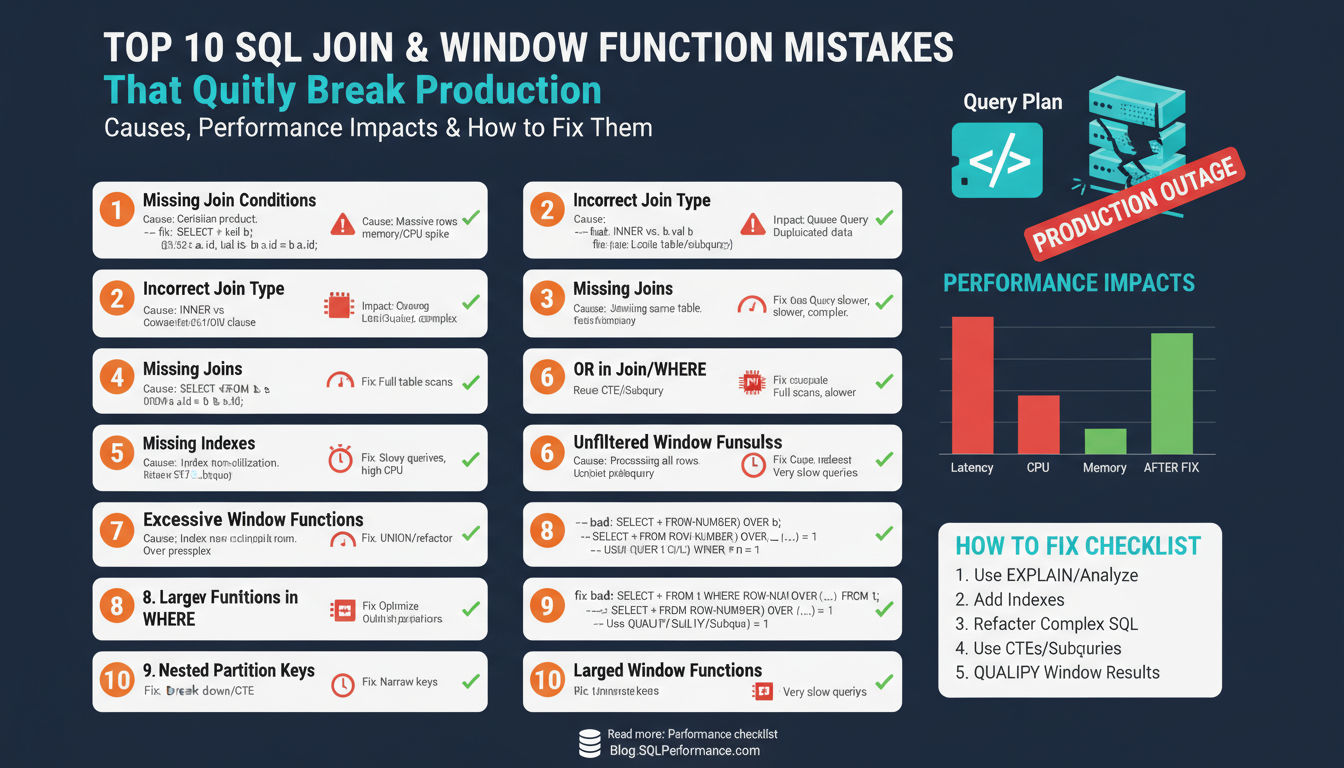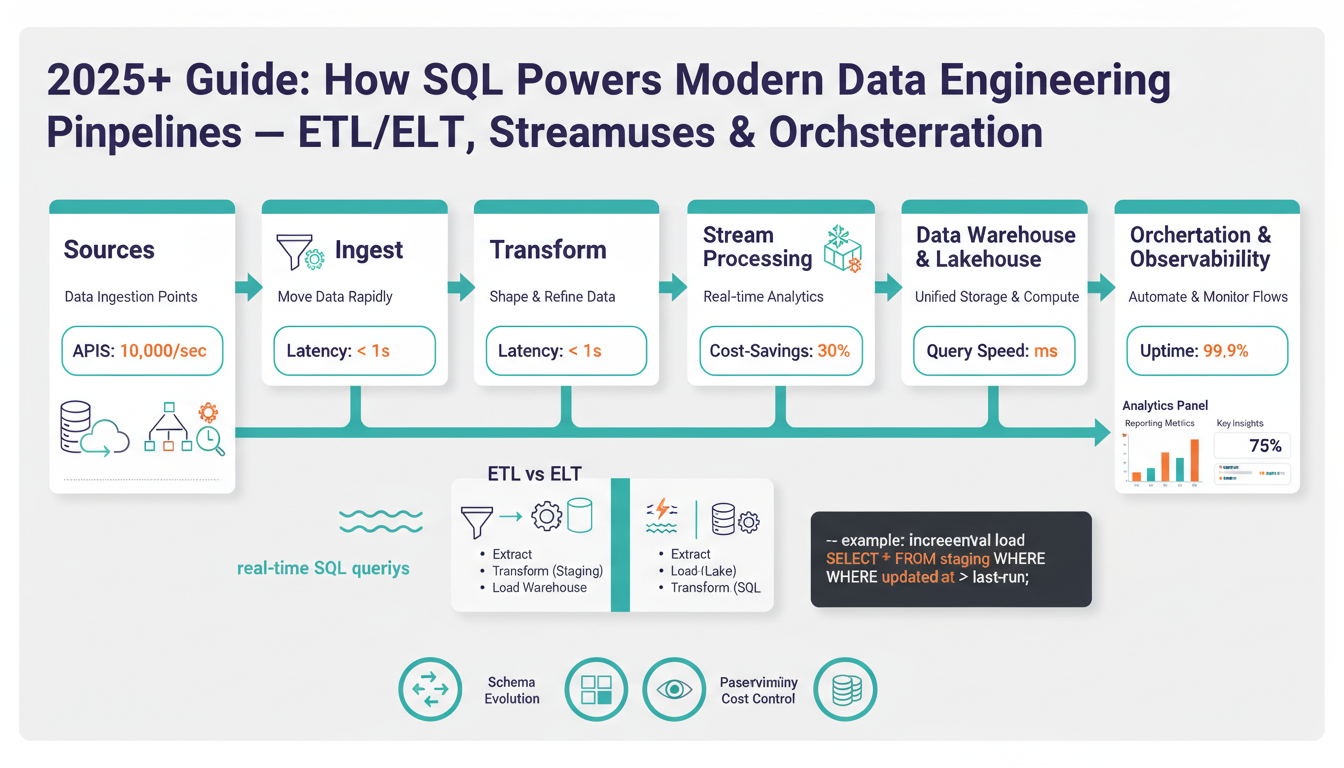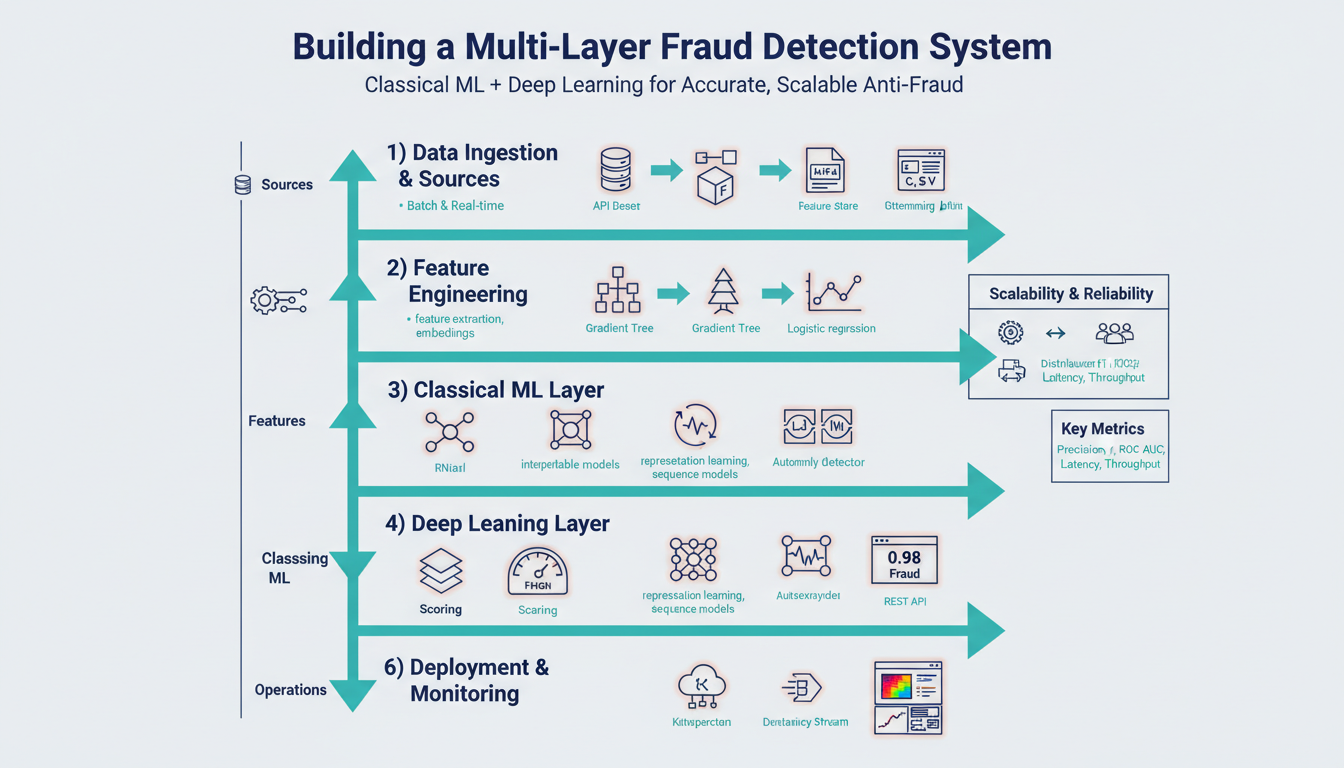
⚖️ Google Loses Antitrust Case: A Landmark Ruling Against Big Tech
In a significant blow to one of the world’s largest tech giants, a U.S. judge has ruled that Google is a monopolist. The ruling comes after years of legal battles and investigations into the company’s business practices, particularly concerning its dominance in the search engine market. The court found that Google had abused its market power by paying companies like Apple to ensure that Google remained the default search engine on their devices, effectively stifling competition.
This ruling is a watershed moment in the ongoing global efforts to regulate Big Tech and curb monopolistic practices. The decision could lead to substantial changes in how Google operates, potentially forcing the company to alter its agreements with major partners and open the door for increased competition in the search engine market. The implications of this ruling may also extend beyond Google, signaling to other tech giants that monopolistic behavior will not go unchecked.
💻 AMD’s New Ryzen CPUs: Balancing Performance and Value
AMD has once again made waves in the tech world with the release of its new Ryzen 5 9600X and Ryzen 7 9700X processors. These CPUs represent a significant leap in performance, boasting faster speeds, improved energy efficiency, and cooler operation compared to their predecessors. Enthusiasts and professionals alike have been eagerly awaiting these chips, and early benchmarks suggest that AMD has delivered on its promise.
However, the pricing of these new processors has sparked some debate. While the Ryzen 5 9600X is positioned as a solid mid-range option, the Ryzen 7 9700X sits in a higher price bracket, leading some to question whether the performance gains justify the cost. Despite the mixed reactions to pricing, the new Ryzen CPUs are expected to be popular choices for gamers, content creators, and anyone looking to upgrade their PC’s performance.
🎥 Nvidia’s AI Training Controversy: The Ethics of Data Usage
Nvidia, a leader in AI and graphics technology, has found itself at the center of a controversy involving the training of its artificial intelligence models. Reports have surfaced that Nvidia has been scraping millions of videos from platforms like YouTube to train its AI systems, often without the permission of the content creators. This practice has raised significant ethical and legal questions, particularly concerning copyright infringement and the rights of content creators.
The debate highlights the broader issue of how companies use publicly available data to train AI models. While some argue that such practices fall under fair use, others believe that content creators should have more control over how their work is used, especially when it comes to AI development. Nvidia’s actions have sparked a wider discussion about the need for clearer regulations and guidelines in the rapidly evolving field of AI.
🎓 Babel Promotes Language Learning: A New Approach to Fluency
Babel, a popular language learning app, is making bold claims about its ability to teach users a new language in just 15 hours. The app emphasizes practical, real-world conversation skills rather than rote memorization of vocabulary and grammar rules. According to Babel, this approach helps users quickly gain the confidence to speak in their new language in everyday situations.
Babel’s method is built on the idea that immersion and context are key to language acquisition. By focusing on dialogues that reflect common scenarios, the app aims to provide a more engaging and effective learning experience. Whether Babel’s claims hold true for all users remains to be seen, but the app’s innovative approach is certainly drawing attention in the crowded language learning market.
💼 X Sues GARM: A Battle Over Advertising Standards
In a surprising legal move, X (formerly known as Twitter) has filed a lawsuit against the Global Alliance for Responsible Media (GARM), accusing the organization of conspiring to create an ad boycott against the platform. GARM, an industry body that works with major advertisers to ensure brand safety, has been critical of X’s content moderation policies, which it claims allow harmful content to flourish on the platform.
The lawsuit alleges that GARM’s actions have unfairly damaged X’s reputation and revenue by encouraging advertisers to withdraw their support. This case underscores the growing tension between social media platforms and advertisers over content moderation and brand safety. As the trial unfolds, it could have significant implications for the future of online advertising and the responsibilities of platforms in policing content.
📺 Google Kills Chromecast: A New Era of Streaming Devices
In a move that has surprised many tech enthusiasts, Google has announced the discontinuation of its popular Chromecast for Google TV devices. Instead, the company plans to focus on a new, more expensive Google TV streamer. Chromecast, which revolutionized streaming with its simple, affordable design, has been a staple in many households for years.
The decision to phase out Chromecast marks the end of an era and the beginning of a new one, where Google aims to compete more directly with higher-end streaming devices from companies like Roku and Amazon. The new Google TV streamer is expected to offer enhanced features and better performance, though at a higher price point, which may alienate some of Chromecast’s budget-conscious fans.
🏢 Dell Layoffs: Restructuring for an AI-Focused Future
Dell Technologies has announced another round of layoffs, this time affecting 12,500 employees as part of a broader reorganization effort. The company is shifting its focus towards artificial intelligence (AI) products and services, which it sees as critical to its future growth. The layoffs are a stark reminder of the rapid changes occurring in the tech industry, where companies must adapt quickly to remain competitive.
This restructuring is part of Dell’s strategy to invest more heavily in AI and other emerging technologies, positioning itself as a leader in the next wave of tech innovation. However, the human cost of this transition is significant, as thousands of workers are being displaced in the process. The move reflects the broader trend of tech companies realigning their resources to focus on AI, automation, and other cutting-edge technologies.
🧱 Reddit May Paywall Subreddits: Exploring New Revenue Streams
Reddit’s CEO, Steve Huffman, has suggested the possibility of paywalling certain subreddits as the platform explores new ways to boost revenue. This idea comes as Reddit also tests AI-powered search results, which could further enhance the platform’s ad revenue. The potential introduction of paywalls has sparked debate among users, many of whom value Reddit’s open and community-driven nature.
Paywalling specific subreddits could provide Reddit with a new revenue stream, but it also risks alienating its user base, which has long enjoyed free access to the platform’s vast array of content. As Reddit experiments with different monetization strategies, it will need to carefully balance its business goals with maintaining the trust and engagement of its community.
🖱️ Logitech Backpedals on Subscription Mouse: A Clarification
Logitech recently found itself at the center of speculation after reports surfaced that the company was considering a subscription-based mouse. The idea, described as “provocative internal thinking,” generated significant backlash from consumers who were not keen on the idea of paying a recurring fee for a peripheral device. In response, Logitech has clarified that there are no plans to introduce a subscription-based mouse, reassuring customers that it was simply an internal brainstorming concept.
This incident highlights the fine line companies must walk when exploring innovative business models. While subscription services have become increasingly popular in many industries, extending this model to hardware like mice may be a step too far for many consumers. Logitech’s quick response to the controversy demonstrates its awareness of consumer sentiment and its commitment to maintaining customer trust.



